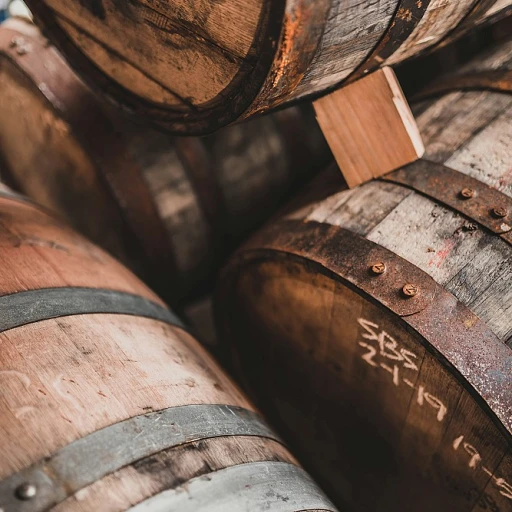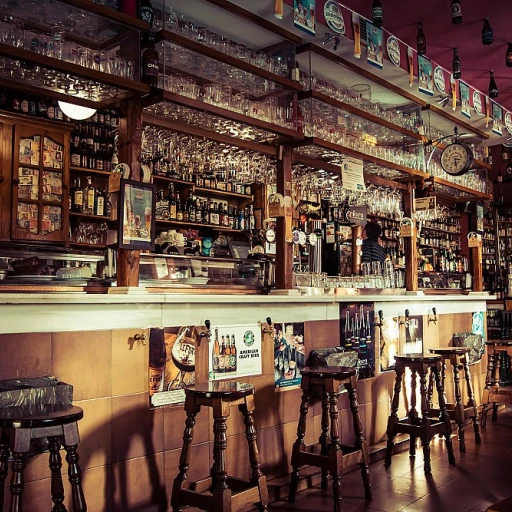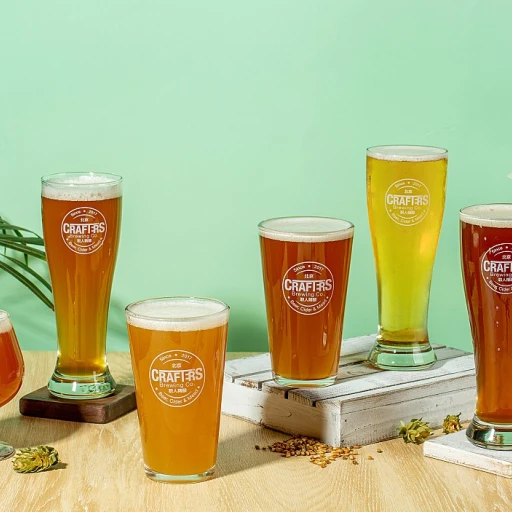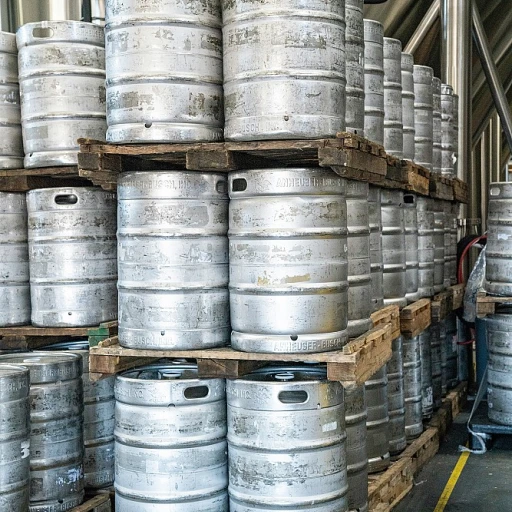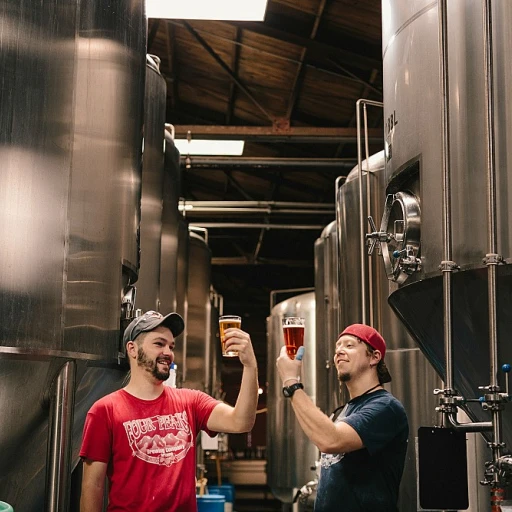
A Quick View of Africa's Brewing Heritage
Unveiling the Heritage and Evolution of African Brewing
Africa's brewing history is a complex mosaic that weaves together traditional practices with modern innovations. In the early days, brewing was deeply ritualistic, often associated with spiritual ceremonies and social gatherings. Regions across the continent each have their own variations and methods, leading to diverse beer styles still celebrated today. One of the fascinating stories in African beer history is the emergence of millet and sorghum as primary ingredients. With the ever-changing lactose climate and diverse ecosystems, these grains adapted well, becoming the backbone of traditional beverages. Further along the timeline, the influence of colonization introduced European brewing techniques to the African landscape. This integration was not without tension, but it did lead to innovation and the fusion of varied brewing traditions. Inevitably, local producers began experimenting with indigenous ingredients, carving unique paths for contemporary African beers. The impact of African brewing's heritage resonates across the continent, blending old and new into an exciting beer tapestry. Eager enthusiasts will find that exploring the allure of Monte Carlo beer highlights some unexpected influences shaping the trajectory of beer culture in Africa. As you journey through the continent's rich beer traditions, appreciating the mix of historical and modern brewing advances is essential. This sets the stage for exploring the rise of craft breweries in South Africa and the many nuances of traditional African beers.The Rise of Craft Breweries in South Africa
Emerging Craft Beer Scene
South Africa has experienced a remarkable rise in craft breweries, mirroring a global trend where consumers seek more unique and local flavors. This evolution is fueled by a mounting appreciation for quality, creativity, and authenticity in brewing. The country's diverse landscapes and cultures have significantly contributed to this burgeoning industry, resulting in beers with distinct flavors and aromas that reflect the local terroir.
Fostering Creativity and Innovation
Brewers in South Africa are experimenting with local ingredients such as sorghum, marula fruit, and rooibos, creating a truly unique experience for beer enthusiasts. These local flavors allow brewers to stand apart in the crowded craft beer market, offering a taste that is both refreshing and quintessentially African. It’s not just about producing a drink but creating a narrative that resonates with heritage and innovation.
Supportive Community and Events
The craft beer movement has fostered a sense of community among brewers and patrons alike. Events and beer festivals throughout the country have become pivotal in providing a platform for emerging brewers to showcase their art. This also includes collaborative brewing efforts and educational workshops, which underline South Africa’s commitment to growing its craft beer industry.
Challenges and Opportunities
Despite its rapid growth, the craft beer industry in South Africa faces challenges such as stringent regulations and limited access to resources. However, these hurdles also present opportunities for growth and innovation, encouraging brewers to find sustainable and creative solutions. As this sector continues to expand, the promise of a vibrant craft beer culture that respects tradition while pushing boundaries becomes increasingly attainable.
To delve deeper into the evolution and diversity of beers, check out this fascinating journey through time and taste.
Traditional African Beers: A Taste of Culture
Indigenous Brew Methods
In various parts of Africa, traditional beers are more than just beverages—they're a vibrant expression of culture and history. Each region has its unique brewing methods passed down through generations, bringing a taste of Africa's rich tapestry to every sip.
Popular Types of African Traditional Beers
Among the myriad varieties, a few stand out for their distinctive flavors and brewing styles:
- Palm Wine: Predominantly found in West and Central Africa, this mildly alcoholic drink is tapped from palm trees and often enjoyed fresh, offering a sweet, fermenting taste that resonates with its natural origins.
- Sorghum Beer: Favored in Southern Africa, this beer is crafted from fermented sorghum or millet, with a cloudy appearance and tangy flavor that speaks to the traditional brewing techniques of the region.
- Pito: A staple in Ghana, this millet or sorghum-based drink is enjoyed by many for its earthy, unique flavor profile—a must-try for those seeking an authentic African beer experience.
Experiencing African Culture Through Beer
Perhaps what's most captivating about these traditional beers is how they seamlessly weave into the daily life and rituals of African communities. They are often consumed during festivals, ceremonies, and communal gatherings, fostering a sense of unity and shared heritage. When enjoying these traditional brews, you immerse yourself in the stories and customs that make African beer a cultural treasure.
Curious About the Taps?
Want to learn more about the art of pouring your perfect pint? Check out this practical guide about tap handle to enhance your beer-drinking experience.
African Breweries on Your Wishlist
Intriguing African Breweries to Explore
Africa, with its rich brewing tapestry and a surge in craft beer movements, offers a variety of must-try breweries for any beer enthusiast. From large-scale operations to smaller local gems, there’s a diverse range that beckons an exploration.- SABMiller (South Africa): As one of the largest brewers, SABMiller has played a pivotal role in introducing both traditional and modern beers to the African market, blending global beer-making techniques with local tastes.
- Brauhaus am Damm (South Africa): Nestled in the picturesque Magaliesberg hills, this German-inspired brewery produces high-quality craft beers with a South African twist. They offer a unique combination of Bavarian brewing techniques infused with local ingredients.
- Nile Breweries (Uganda): Known for its lager made from locally-sourced sorghum, Nile Breweries exemplifies how traditional African ingredients are becoming integral to beer production in the region.
- Bature Brewery (Nigeria): A pioneer in Nigeria's craft beer scene, Bature Brewery provides an authentic Nigerian ale experience, incorporating indigenous ingredients to create distinct and flavorful beers.



